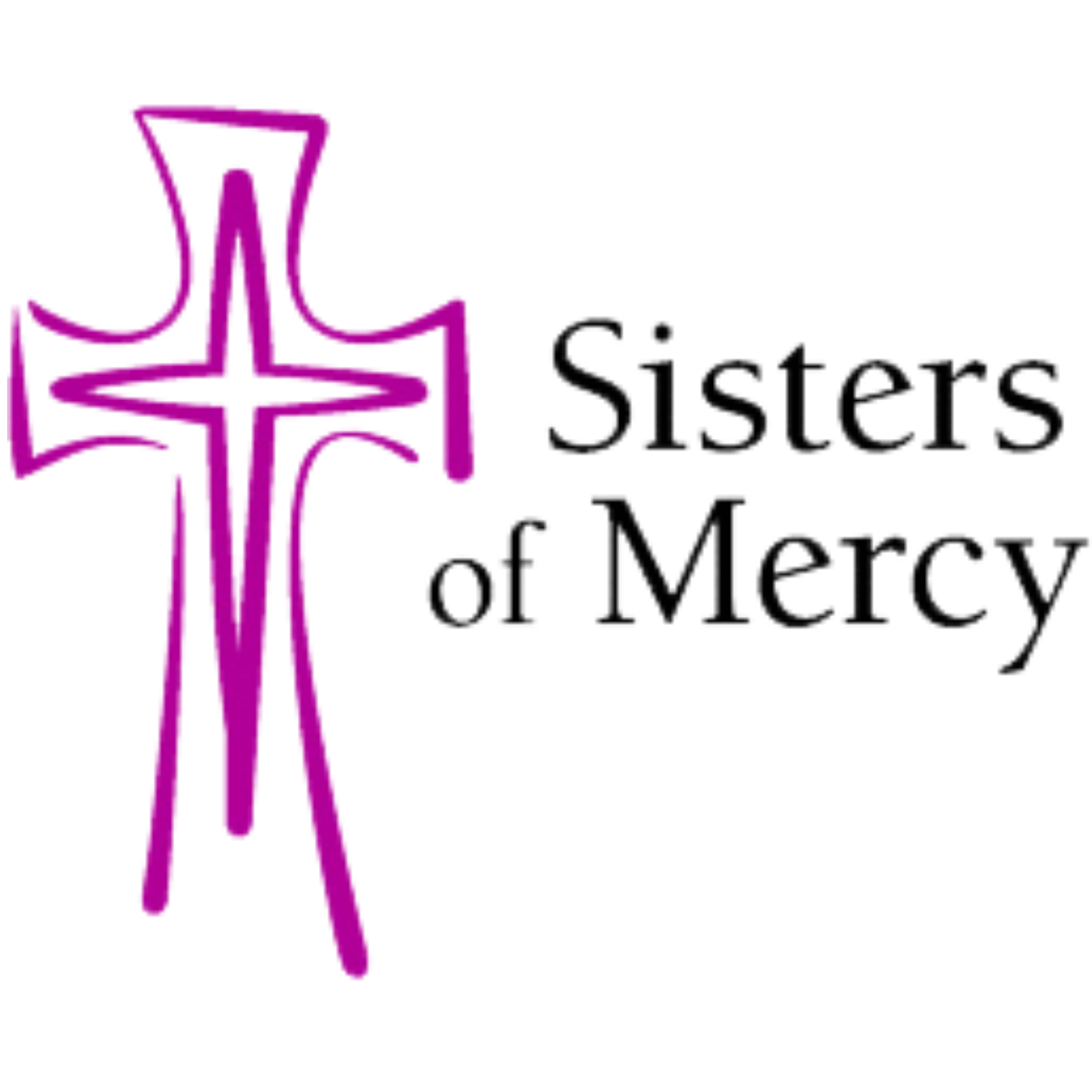SISTERS OF MERCY | A HISTORY OF COMMUNITY SERVICE
The Sisters of Mercy in North Carolina have always been on the cutting edge when it comes to answering the pressing needs of others. Whether it was founding hospitals like Mercy Hospital in Charlotte, N.C., St. Joseph’s Hospital in Asheville, N.C. or more recently founding a ministry to assist those in the final stages of AIDS, the Sisters have dedicated themselves to providing for the needs of the community around them.
Such was the case in 1955 when, under the direction of Sister Marie Patrice Manley, the Sisters of Mercy began operating a day-care facility in Belmont, N.C. to help the textile workers in the area – a daycare which eventually became known as Holy Angels. Transformed into a residential facility for children and adults with intellectual developmental disabilities and delicate medical conditions, grateful parents from around the country turned to Holy Angels as a place of loving, living and learning.
Sister Patrice continued to oversee the tremendous growth of Holy Angels during its formative years, while Mother Benignus supplied the essential spark necessary for fundraising and served as president of the organization until 1997. She remained president emeritus of the facility until her death at the age of 94 in December 2000.
In 1982, Regina Moody was hired by the Sisters of Mercy and Holy Angels Board of Directors as the first lay executive director to work with Mother Benignus. When Moody assumed the position of President/CEO in 1998, she transitioned Holy Angels from a custodial model of care to a developmental model assuring that residents receive high quality programs and services in addition to loving, compassionate, around-the-clock care.
Remaining dedicated in the belief that possibility lies within each of us, Holy Angels of today has become a leader in providing innovative, cutting-edge programs and services for differently able children and adults.
Along the way, the Sisters of Mercy committed to the growth and sponsorship of the Holy Angels ministry. However, the relationship does not place the financial burden of any sponsored ministry solely on the Sisters – nor does it relieve Holy Angels of the responsibility of the majority of its own operating expenses.
As a ministry, families are asked to pay what they can for the cost of care for a loved one, based on their individual financial situation. In some cases, individuals may qualify for state and federal government assistance. The gap between the cost of care and government assistance must then be funded each year by donations through the Holy Angels Foundation.







